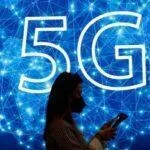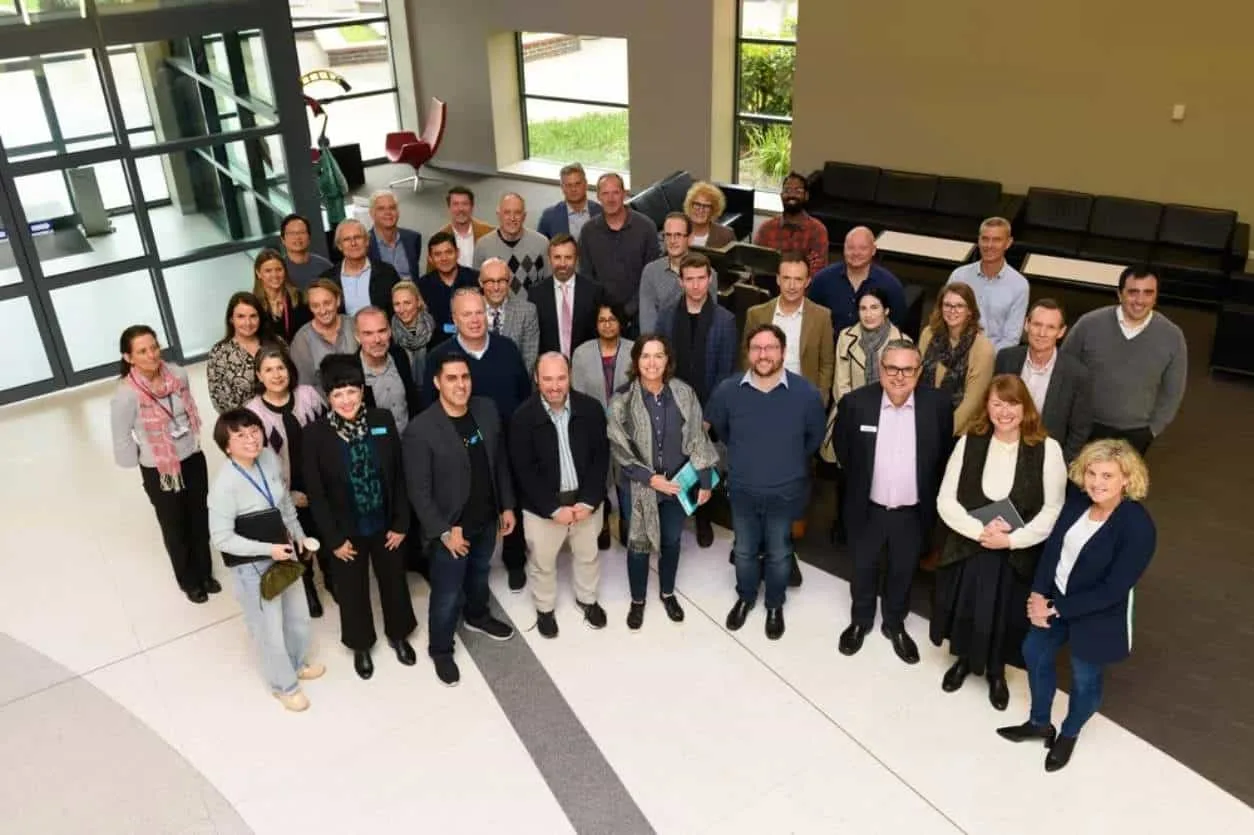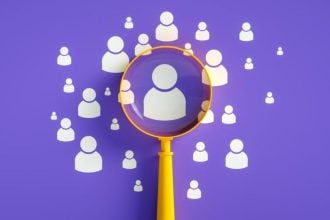Google Australia announced five new partnerships with Australian hearing leaders to explore AI solutions to advance hearing technology, and pave the way for more personalised hearing healthcare.
The collaboration includes Cochlear, Macquarie University Hearing, National Acoustic Laboratories (NAL), NextSense and The Shepherd Centre.
The first project seeks to personalise hearing models to better address individual listening needs, enhance hearing aids and other listening devices.
The new technology could be particularly beneficial for people using listening devices in complex listening environments – such as busy restaurants, group brainstorms or live orchestral performances.
Teams will explore new applications of AI to better identify, categorise and segregate sound sources. Ultimately, this might make it easier for people using assistive listening devices to follow a conversation or activity as the technology could help to prioritise sounds, such as a person speaking – and filter out others, such as background noise.
Grace Chung, Head of Google Research Australia says there are 1.5 billion people globally who have some form of hearing loss. For many decades, Australia has led the way in building more accessible hearing technology.
“As part of our Digital Future Initiative, we’re announcing new partnerships to explore new possibilities and AI solutions for hearing healthcare,”
“With our partners, we look forward to building on this work and designing tools with and for people who are deaf or hard of hearing. Because as long as there are barriers, we still have work to do,” says Chung
Dig Howitt, CEO & President of Cochlear said, “Hearing loss is one of most prevalent but one of the least treated medical conditions in the world,”
“This unique collaboration will bring together the world-leading expertise we have in Australia to find new technologies and solutions that can help more people around the world to hear better.”
Australia has led the way in finding solutions to help meet these needs, with the cochlear implant now the gold standard for hearing clinical protocols, diagnostics and treatments.
Additionally, through NextSense, Australia has one of the world’s largest and most established cochlear implant programs, and has pioneered the use of telepractice.
Chris Rehn, Chief Executive of NextSense says the collaboration has an exciting feature: it will put people who are deaf and hard of hearing at its centre by working with us and our clients on designing tech solutions around end-user needs and experiences.
“We know the best results come when support and services are built around individual goals—so the more precise and personalised we can make hearing technology, the better the outcomes for those who need it,” said Mr Rehn
NAL Director Dr Brent Edwards said,” For over 75 years, NAL has been a pioneer in delivering hearing solutions through translational research collaborations with global leaders in the hearing healthcare ecosystem.“
“This new initiative with Google is an opportunity to combine our unique innovation program and hearing loss expertise with Google’s AI capabilities,“ said Dr Edawards
A range of accessibility tools are already available on Google’s Android, including Live Transcribe, Lookout, Sound Amplifier, Live Caption and TalkBack as well as new initiatives like Project Relate and Project Euphonia.
As part of the project, Simon Carlile, a distinguished world leader in the field, will join Grace Chung and Peter Bartlett – who lead Google’s first Australian research hub, Google Research Australia – to steer the effort on the ground and continue Australia’s proud record of hearing innovation.
Mr Carlile, Google Australia’s research lead on the project said, “Finding solutions for those with hearing loss is a global problem and we’re thrilled to be working with leaders in this field to explore new possibilities using AI,“
“As part of Google’s Digital Future Initiative, this exciting collaboration will help us explore new ways to design and improve machine learning models that better fit the needs of the individual listener – and develop a more precise and accessible approach to hearing care,“
Other Australian organisations are also collaborating with Google to implement innovative technological solutions for pressing issues, such as mental health, cancer detection, and bushfires.
According to Professor David McAlpine, Academic Director at Macquarie University the initiative brings together some of the leading experts from the commercial, academic, not-for-profit, and government sectors to tackle the most pressing challenges for people living with hearing loss, and their families.
“We hope the projects we work on will help transform hearing health not only in Australia but worldwide, delivering ground-breaking research and innovations, new technologies, therapies, and interventions to support communication, wellbeing and social connectedness,,”
“These are ambitious goals that cannot be achieved in isolation, and we look forward to seeing what we can accomplish together,” said Professor David McAlpine.
Research will focus on enhancing hearing technologies to overcome its current challenges and pave the way for more personalised hearing healthcare – with the goal to provide a brighter future for more than 1.5 billion people globally who have hearing loss.
Dr Aleisha Davis, Chief Executive Officer, The Shepherd Centre says accessible hearing technology based on lived experience, that is personalised and designed to suit individual needs will open up worlds of possibility for the children, young people and adults of the future.
“This truly unique collaboration provides a cross sector partnership to explore solutions and innovation to support listening in all environments, and the most fundamental element of communication, human connection.” said Davis
The investment is part of Google’s Digital Future Initiative – and builds on Australia’s long legacy of pioneership in the field of hearing technology.







